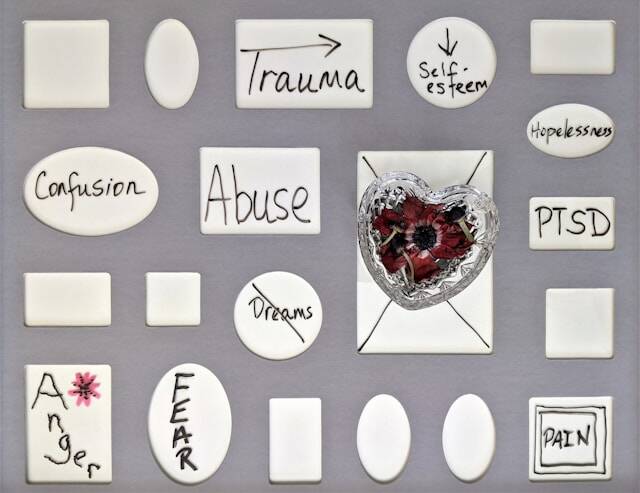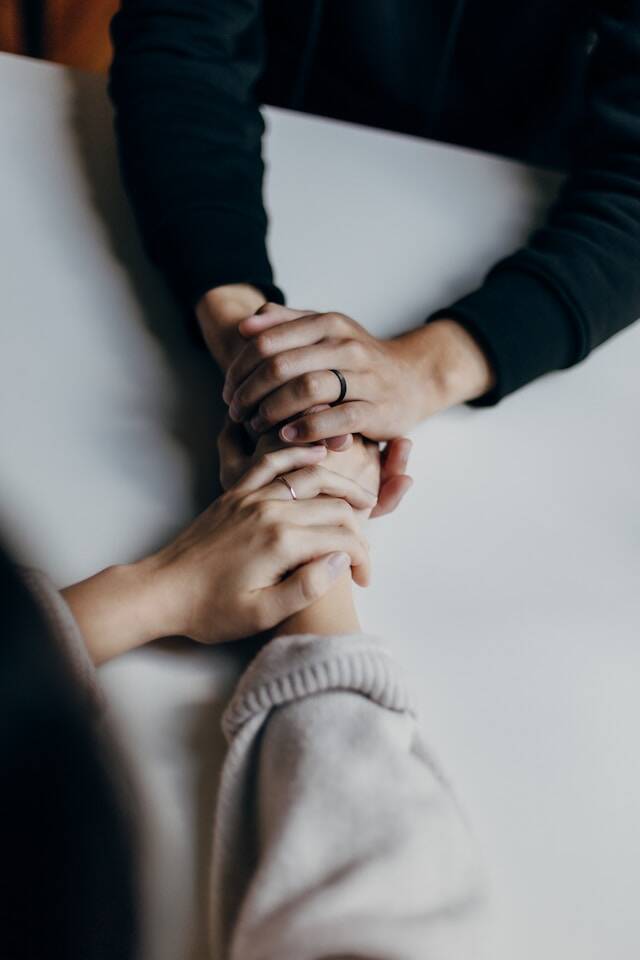Breaking Free: Understanding Trauma Bonding and Attachment to Heal and Thrive
In the journey of life and love, we sometimes find ourselves entangled in relationships that do more harm than good. These relationships can be challenging to leave, often because of a psychological phenomenon known as trauma bonding. As a style and wellness blogger focusing on sustainability and a healthy lifestyle, I am not a doctor or therapist, but I have been in similar situations. I have felt stuck, helpless, and yet, here I am on the other side, thriving and empowered. Today, I want to share my insights and experiences to help other women understand trauma bonding, recognize its signs, and break free to heal and embrace self-love.

What is Trauma Bonding?
Trauma bonding occurs when a person forms a strong emotional attachment to someone who is abusive or manipulative. This bond is often rooted in a cycle of intermittent positive reinforcement – moments of affection and kindness interspersed with periods of abuse and neglect. The highs and lows create a powerful, addictive emotional cycle that makes it difficult to leave the relationship, even when it’s clearly harmful.
Understanding Attachment
Attachment is a deep and enduring emotional bond that connects one person to another across time and space. In healthy relationships, attachment provides a sense of security and safety. However, in toxic relationships, attachment can become distorted and unhealthy. People who have experienced trauma or neglect in their past may develop anxious or avoidant attachment styles, making them more susceptible to trauma bonding.
Recognizing the Signs of Trauma Bonding
Understanding and recognizing the signs of trauma bonding is the first step towards breaking free. Here are some common indicators:
1. Feeling Inexplicably Drawn to Your Partner: Despite the abuse, you feel a strong pull towards your partner and can’t imagine life without them.
2. Justifying the Abuse: You find yourself making excuses for your partner’s behavior or downplaying the severity of the abuse.
3. Feeling Responsible for the Abuse: You believe that if you were better, smarter, or more loving, the abuse would stop.
4. Isolation: Your partner isolates you from friends and family, making it harder for you to seek help or gain perspective.
5. Cycle of Reconciliation: After each abusive incident, there are periods of affection and calm, which reinforce your attachment and hope for change.
6. Loss of Self-Worth: Your self-esteem is eroded, and you start to believe you deserve the treatment you’re receiving.
Breaking the Cycle of Trauma Bonding
Breaking free from trauma bonding is a challenging but necessary step towards healing and reclaiming your life. Here’s how you can start:
1. Acknowledge the Reality: The first step is to acknowledge the reality of your situation. Denial keeps you stuck; acceptance sets you free. Accept that the relationship is toxic and that you deserve better.
2. Educate Yourself: Knowledge is power. Learn about trauma bonding, attachment styles, and the dynamics of abusive relationships. Understanding these concepts can help you see your situation more clearly.
3. Seek Support: Reach out to trusted friends, family, or support groups. Isolation is a tactic used by abusers to maintain control. Breaking the silence can provide you with the support and strength you need to leave.
4. Establish Boundaries: Setting and enforcing boundaries is crucial. Decide what behaviors are unacceptable and communicate them clearly. If your partner continues to violate these boundaries, it’s a clear sign that the relationship is unhealthy.
5. Develop a Safety Plan: If you’re in immediate danger, it’s essential to have a safety plan. This might include finding a safe place to stay, having a list of emergency contacts, and knowing local resources for victims of abuse.
6. Focus on Self-Care: Rebuilding your self-worth and confidence is key to breaking free. Engage in activities that make you feel good about yourself, whether it’s exercising, pursuing hobbies, or spending time with supportive people.
7. Professional Help: While I am not a doctor, I strongly recommend seeking professional help from a therapist or counselor who specializes in trauma and abuse. They can provide you with the tools and strategies needed to heal and move forward.
Empowerment and Healing
Breaking free from a trauma bond is not easy, but it is possible. Here are some empowering strategies to help you on your journey to healing:
1. Reclaim Your Narrative: You are not defined by your past or by your abuser. Reclaim your narrative by focusing on your strengths, accomplishments, and goals.
2. Practice Self-Compassion: Be kind to yourself. Healing is a process, and it’s okay to have setbacks. Treat yourself with the same compassion you would offer to a friend.
3. Build a Supportive Network: Surround yourself with people who uplift and support you. Positive relationships can help rebuild your trust in others and in yourself.
4. Embrace Your Independence: Celebrate your independence and the freedom that comes with it. Explore new interests, travel, or take up new hobbies. Rediscover who you are outside of the relationship.
5. Stay Committed to Your Wellbeing: Prioritize your physical, emotional, and mental wellbeing. Regular exercise, a balanced diet, mindfulness practices, and adequate sleep are all crucial components of a healthy lifestyle.
6. Set Future Goals: Look ahead and set positive goals for your future. Whether it’s pursuing a new career, continuing your education, or simply finding peace and happiness, having something to work towards can be incredibly motivating.



As someone who has been through similar experiences, I want to assure you that breaking free from a trauma bond is not only possible but also empowering. You have the strength within you to overcome this challenge and to build a life filled with love, respect, and self-worth. Remember, you are not alone on this journey. Seek support, educate yourself, and take one step at a time towards a healthier, happier future.
Empower yourself to break the cycle, embrace self-love, and live the life you deserve.
1












